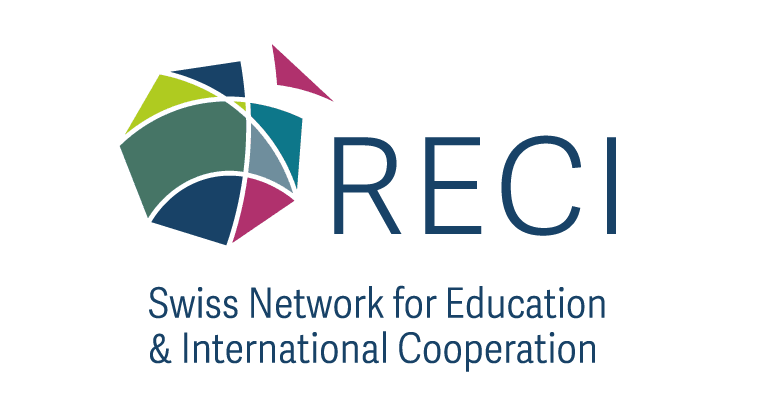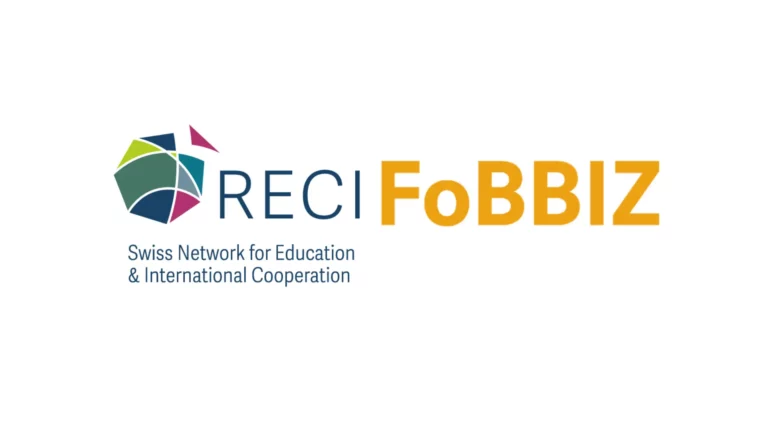Expert inputs, self-organised workshops, and concrete actions: a recap of the online RECI Education Forum 2024
We were delighted to welcome 75 participants from 32 different countries to our latest Education Forum 2024!
The event featured two plenary sessions with speakers: Christine Semambo Sempebwa (former Director of FAWE); Vernor Muñoz (Head of Policy and Advocacy of the Global Campaign for Education and former UN Special Rapporteur on the Right to Education); Christian Furrer (CBM Switzerland); Jean-Marie Byll-Cataria and Denis Hofer Zihlmann (CBM Switzerland) & Brigit Burkard (Pestalozzi Children’s Foundation).
Participants also had the opportunity to engage in nine workshops, held both in the morning and afternoon, using the Open Space methodology. This innovative approach allowed everyone to propose topics, create the agenda, and freely choose the discussions they wished to participate in.
Below read the reports from the nine workshops:
Interview with Vernor Muñoz
Without tax justice, it will be very difficult for poor countries to guarantee access to education
We have a right not to just any education, but to an education that meets the needs of society.
In this interview, Vernor Muñoz emphasises that the right to education is a fundamental human right that states must ensure by providing universal and inclusive access. He points out that Sustainable Development Goal (SDG) 4 does not fully cover international obligations, particularly adult education. He stresses the importance of linking development to human rights and advocates for tax justice to fund education, especially in poor countries.
The morning plenary session emphasised the importance of a rights-based approach to education, focusing on inclusion, accessibility, and ongoing transformation to meet evolving global needs. Speakers stressed the need to recognise education as a fundamental human right and discussed practical ways to implement this approach in their work. Main themes included making educational systems accessible to all, including persons with disabilities and LGBT individuals. The discussion addressed challenges such as aligning national policies with international frameworks and ensuring adequate funding for implementation. Speakers highlighted the importance of stakeholder engagement, political advocacy, and moving beyond rhetoric to concrete strategies that empower all learners. The conversation underscored the transformative power of education in promoting diversity acceptance and encouraging critical thinking.
The closing session took a unique format known as “Conversation Café,” where speakers engaged in short, targeted discussions on the key takeaways from the Education Forum 2024. Each speaker had the chance to share their reflections on critical topics such as integrating human rights into educational development, the importance of mother-tongue-based multilingual education, and the need to build inclusive and sustainable educational systems. The session continued with the “15% Solution” method, which encourages to identify modest yet concrete actions they could implement immediately within their current roles. This approach fostered practical reflection, ensuring that the valuable insights gained during the forum could be quickly translated into concrete initiatives.
Speakers' 15% Solutions



